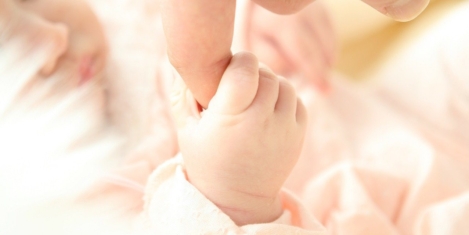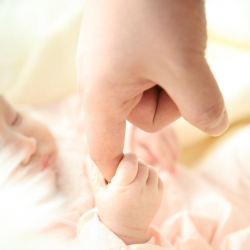June 10, 2025
Government urged to take bold action on shared parental leave
 A new report from the UK Government’s Women and Equalities Committee (WEC) has highlighted a range of issues with the UK’s current parental leave system and urged the government to address them as part of its proposed review. The report, Equality at Work: Paternity and Shared Parental Leave, argues that the existing system requires substantial reform to better reflect the needs of modern families and working parents. It identifies shortcomings such as low statutory pay, limited leave entitlements for fathers and partners, and the complexity of the Shared Parental Leave (SPL) scheme. (more…)
A new report from the UK Government’s Women and Equalities Committee (WEC) has highlighted a range of issues with the UK’s current parental leave system and urged the government to address them as part of its proposed review. The report, Equality at Work: Paternity and Shared Parental Leave, argues that the existing system requires substantial reform to better reflect the needs of modern families and working parents. It identifies shortcomings such as low statutory pay, limited leave entitlements for fathers and partners, and the complexity of the Shared Parental Leave (SPL) scheme. (more…)









 Throughout the pandemic many workplaces have offered their employees more flexibility. Flexible working options such as adjusting hours, days, or place of work, are attractive to many employees.
Throughout the pandemic many workplaces have offered their employees more flexibility. Flexible working options such as adjusting hours, days, or place of work, are attractive to many employees. 


 Employers should prepare themselves for a dramatic rise in staff taking shared parental leave, a new
Employers should prepare themselves for a dramatic rise in staff taking shared parental leave, a new 
 It is two years since the introduction of Shared Parental Leave (SPL), where couples were given the ability to share leave surrounding the arrival of a new addition to their family; and while sharing leave is seen to have a profound beneficial impact for the family, there are still plenty of barriers. According to
It is two years since the introduction of Shared Parental Leave (SPL), where couples were given the ability to share leave surrounding the arrival of a new addition to their family; and while sharing leave is seen to have a profound beneficial impact for the family, there are still plenty of barriers. According to 









April 2, 2018
Take up of shared parental leave is held back by cultural inertia
by Paul Kelly • Comment, Flexible working, Workplace
(more…)